Faith and Intellect
June 7, 2016
“I can’t reconcile a God who provides a fax machine but doesn’t rescue 800 refugees from drowning,” my friend says to me, referring to Christians expressing gratefulness for simple provisions juxtaposed with the realities of global suffering.
This is not the first time I grappled with friends in conversations about the nature of God and the problem of evil. It’s a refrain throughout my journey of faith, enough that a pattern has emerged in which these conversations end with this conclusion: “Well, it’s impossible to reconcile, so we just have to trust that God is still good – no matter what.”
Each time faith comes head to head with reason, faith held the trump card. It would seem the only way to sustain a life of faith — defined as trust in the midst of unknowing — is to ultimately make a blind leap.
This satisfied me in my youth, while my spirit was still too tender to wrestle with cognitive dissonance, and my posture as a dependent demanded me to “depend” on someone, or Someone. But as I gained more and more knowledge and autonomy in young adulthood and beyond, it became feeble to offer up an elementary answer: don’t question, just trust. No, it became clear to me that it was intellectual laziness to not at least attempt to learn the logical and logistical explanations for my faith.
Although my faith evolution has led me to a place where I am okay with uncertainty, I have only arrived in this place after intense learning. Reading and processing the various orthodox and not-so-orthodox positions held by scholars, historians, and poets who have poured tremendous energy into these questions humanity has held from the beginning of time. I don’t think we have to live with cognitive dissonance. We should not have to sacrifice our intellect for the sake of our faith. This, in itself, is dissonant because if God is the Creator God, then our human capacity for philosophical questioning comes from God. To remain in faith by suppressing one’s honest questions and burying reason is to live a lie and I’m not sure is honorable to God. If the God in your theology comes off looking like a cruel masochist, don’t turn a blind eye to that and just “trust” that God is good anyway – find a better theology that doesn’t require you to make mental gymnastics to believe in a loving God.
I believe for faith to be sustainable, it must be reasonable. In fact, I think when we divorce critical thinking from faith, the results are damaging. This is not to say we can’t embrace paradox or mystery, but that we come to do so in a way that provides integrity to our intellect. We owe it to ourselves and to the God we follow to keep striving for deeper understanding and clarity.

However, the amount of knowledge we have is no measure of virtue. Being smart means almost nothing. What does it mean to be intelligent? To know trivia? To gain meticulous reasoning skills? To make art? To be famous? To spout big words? To have more experience? To do calculations in your head? To have post graduate degrees? I know children who are ‘smarter’ in some things than CEOs and professors. It’s so relative it cannot be a metric of value in any meaningful way.
Furthermore, some of the smartest Christians I know, those with years of seminary education, are legitimate jerks. I lament that the stereotype of arrogant theology students has some truth to it because I sat in classes with them and have had to endure some insufferable temperaments in my own experience.
Here’s the thing, knowledge may not inherently be virtuous, but it is a source of power. As we know, power can be used to give life, or it can be corrupted to lord over others. In order to avoid turning “Smart Christians” into an oxymoron, we must redeem our act of acquiring more knowledge as Christians to also reflect the nature of a God who gives power away.
I am grateful to learn from Christians who have knowledge to give away. I eagerly lap up information that adds interesting tidbits to my theological vocabulary. They teach me how to sound smart and articulate. But the Christians who save my faith, rocking the core of who I am, compelling me towards long-lasting commitment to goodness, mercy, and justice—they don’t just teach their knowledge, they show it.
They demonstrate the depth of their learning when they exhibit humility over how much more they have yet to learn. They look deep into my eyes and ask to learn from me when they have lived through so much more. They are gentle. All the wise people I have ever known are gentle. They care for each person they interact with as if they are the most precious beings and must be held with tenderness. And they always only speak when invited to do so.
Our intellect is integral to our faith, without it, our faith cannot be authentic. But the knowledge we gain can only ever be compatible with our faith when it becomes a source of power that gives itself away.

